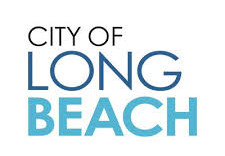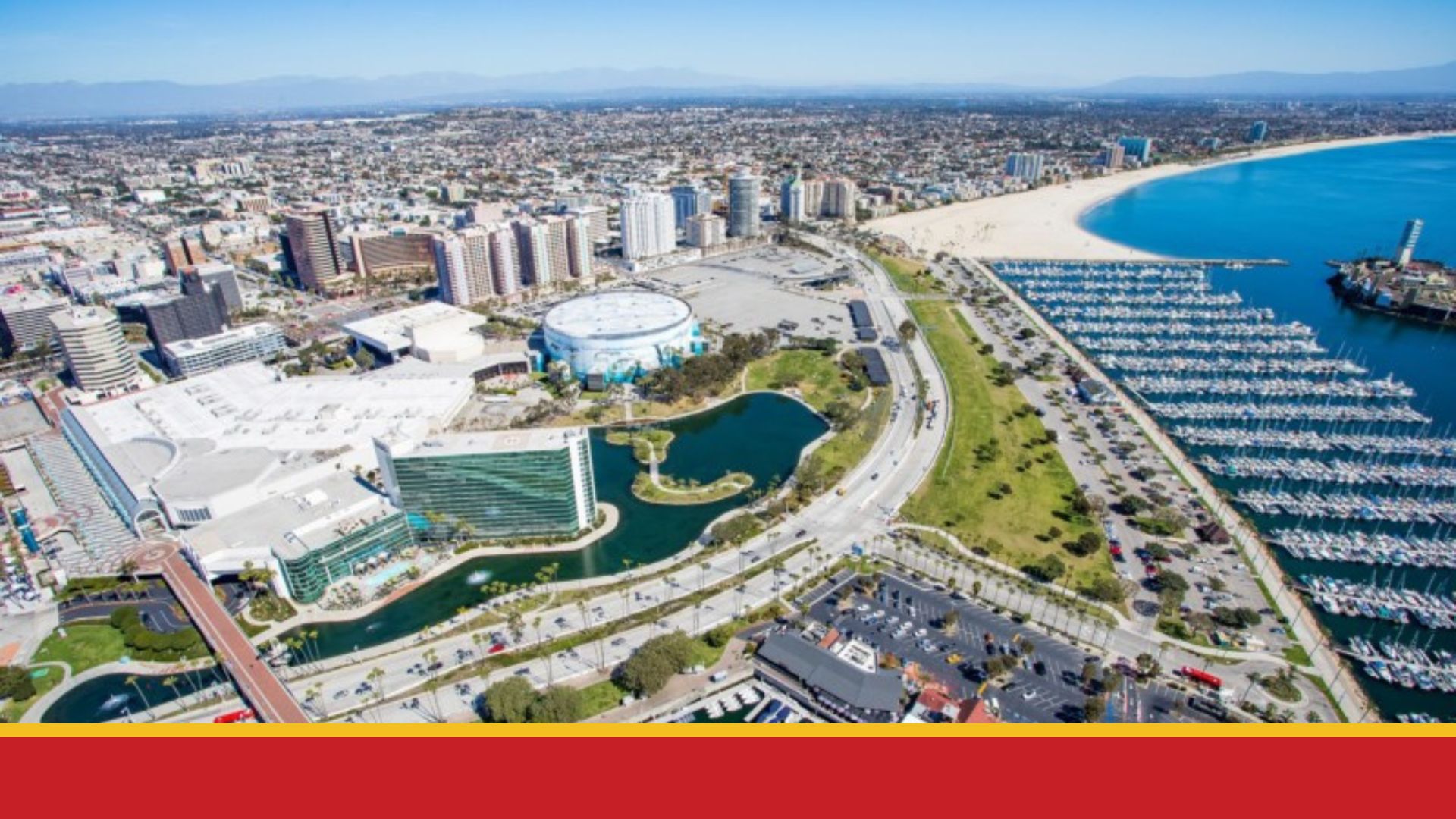 A California federal judge has granted final approval of a $537.5 million class settlement that the City of Long Beach and other city, county and state governments throughout the country reached with Bayer AG’s Monsanto Company and its subsidiaries to resolve allegations that the localities face increased costs due to Monsanto’s contamination of waterways and harbors with polychlorinated biphenyls (PCBs) over the last several decades. The City is anticipated to receive the largest allocation given to any class member in the amount of $7.5 million.
A California federal judge has granted final approval of a $537.5 million class settlement that the City of Long Beach and other city, county and state governments throughout the country reached with Bayer AG’s Monsanto Company and its subsidiaries to resolve allegations that the localities face increased costs due to Monsanto’s contamination of waterways and harbors with polychlorinated biphenyls (PCBs) over the last several decades. The City is anticipated to receive the largest allocation given to any class member in the amount of $7.5 million.
“This settlement affirms the decades-long damage the Monsanto Company has caused to our environment and our communities,” said Mayor Robert Garcia. “This is an important step in holding them accountable for their actions.”
The City and 12 other governmental entities argued that Monsanto’s past manufacture and supply of PCBs continue to cause negative impacts on ecosystems, subsequently contaminating the waterways and resulting in necessary costly treatments to remove the chemicals. PCBs were used in numerous products, such as paint and ink, hydraulic fluids, transformers, plastics and industrial equipment, until they were outlawed by Congress in 1979. Due to their persistence in the environment, PCBs continue to contaminate stormwater and, if they make it to the ocean, also contaminate coastal sediments. PCBs can cause a wide range of health issues.
The $537.5 million class settlement will be divided among all settlement class members, which number over 2,500 across the nation, not just the 13 entities who brought forth the litigation. Under the settlement deal, three funds were created to compensate the three main identified harms: Monitoring Fund ($42.9 million), Total Maximum Daily Load Fund ($250 million) and Sediment Sites Fund ($137.5 million). Long Beach was one of the few cities to investigate local water quality issues and dedicate additional resources to bring this litigation forward. As such, the City could receive additional compensation from a fourth Special Needs Fund ($107 million), for which the City could receive an additional monetary allocation to compensate for the time and effort put into this important case.
“This is a big win for the City of Long Beach and governmental entities across the country,” said Assistant City Attorney Dawn McIntosh. “PCB contamination of our stormwater and harbors has long been a burden placed on municipalities who are held responsible for monitoring and remediation. This settlement will help ease that burden.”
The City was represented by outside counsel Baron & Budd, P.C., Gomez Trial Attorneys and Assistant City Attorney Dawn McIntosh.





